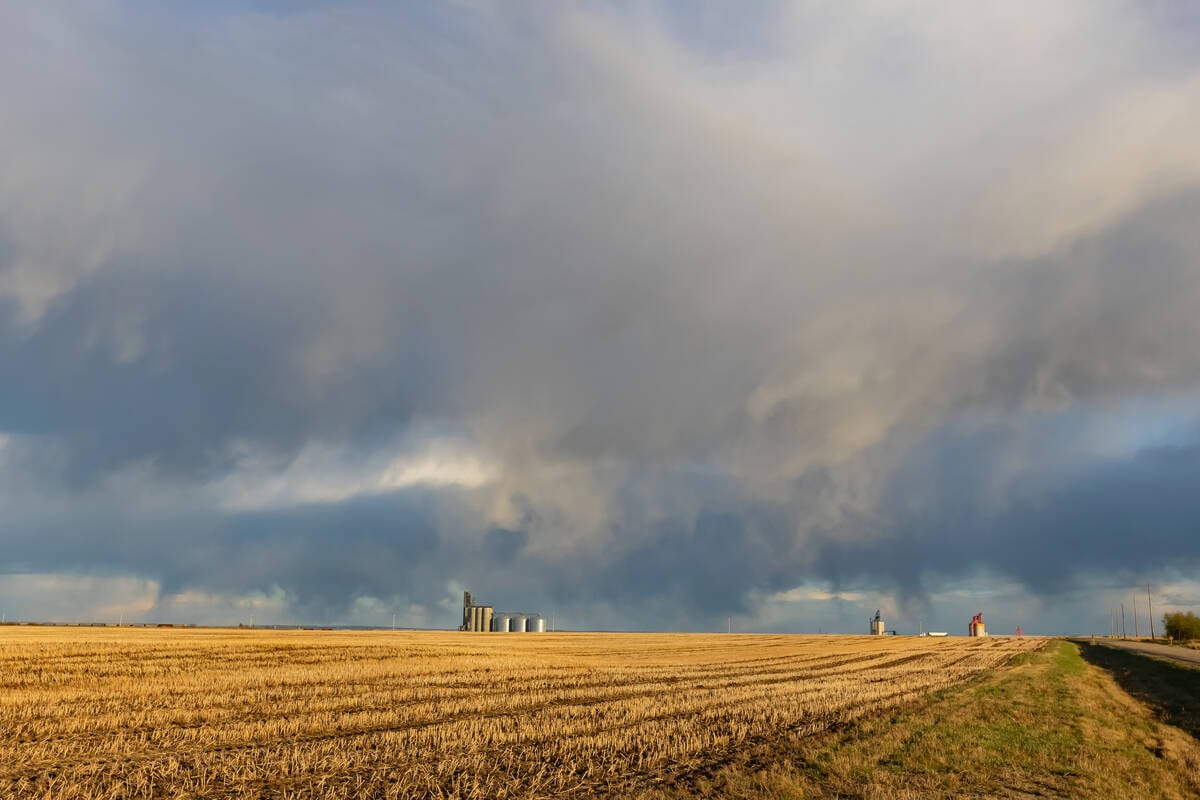Alberta’s Farmers’ Advocate Office (FAO) is warning any farmers and ranchers in dispute with resource companies over compensation for well sites not to go in and tamper with the taps.
The FAO last week issued a statement reminding the public that “interfering with any oil and gas infrastructure or that of an electrical distribution utility could create public safety risks including spills of liquids and gases, explosions, fires and electrocution.”
The statement urged Albertans “not to follow recommendations from a surface rights group in the province that advised they ‘safely turn off the power to the well and safely close the valves.'”
Read Also

Prairie forecast: Active pattern continues with mostly-dry west, wet start for east
The active pattern that we saw last week looks to continue into this forecast period which means more chances for rain, possibly some wet snow and a continuation of the temperature rollercoaster ride.
The FAO didn’t name a specific “surface rights group” in its Jan. 27 statement, but quoted verbatim from a release published on the website of the Action Surface Rights Association (ASR) dated Jan. 23.
“(I)t is very important that rural Albertans understand that following this reckless advice can pose risks to personal and public safety, create environmental hazards and could result in exposure to legal claims for damages and criminal charges,” the FAO said.
Landowners can be “rightfully frustrated” when a company doesn’t meet surface lease obligations, the FAO said, but farmers in those cases “should seek specific legal advice to understand their rights, responsibilities and risks prior to taking any steps to deal with contractual breaches by operators.”
ASR, in its Jan. 23 release, said it has taken the “extraordinary step” of urging ranchers and farmers who aren’t getting paid to “take direct action since the UCP [Alberta’s governing United Conservative Party] won’t.”
The group’s release quotes an ASR member as saying that if a farmer or rancher has a producing well on his or her land “and the company is not paying compensation for your crop damages, go and safely turn off the power to the well and safely close the valves until they pay up.”
The group compared such action to that of a landlord who “would change the locks for a tenant who does not pay.”
ASR, in its release, alleged the province’s Surface Rights Board (SRB) “has started arbitrarily reducing the annual well site compensation payments” it pays out when resource companies “fail to pay.”
The ASR release also alleged energy companies with “active, producing wells” have now “just stopped paying or sent cheques for significantly reduced compensation.” No specific company was named in the group’s release.
A landowner can seek compensation for unpaid or reduced annual rentals through the SRB, the FAO said Jan. 27.
A resource company, the FAO added, “cannot unilaterally decide to reduce the amount of annual compensation provided to a landowner for loss of use and adverse effect.”
Among its other responsibilities, the Edmonton-based FAO is billed as a resource for farmers and ranchers affected by energy and utility developments, which can “assist with mediation and dispute resolution services… when disputes arise between landowners and industry.” — Glacier FarmMedia Network












